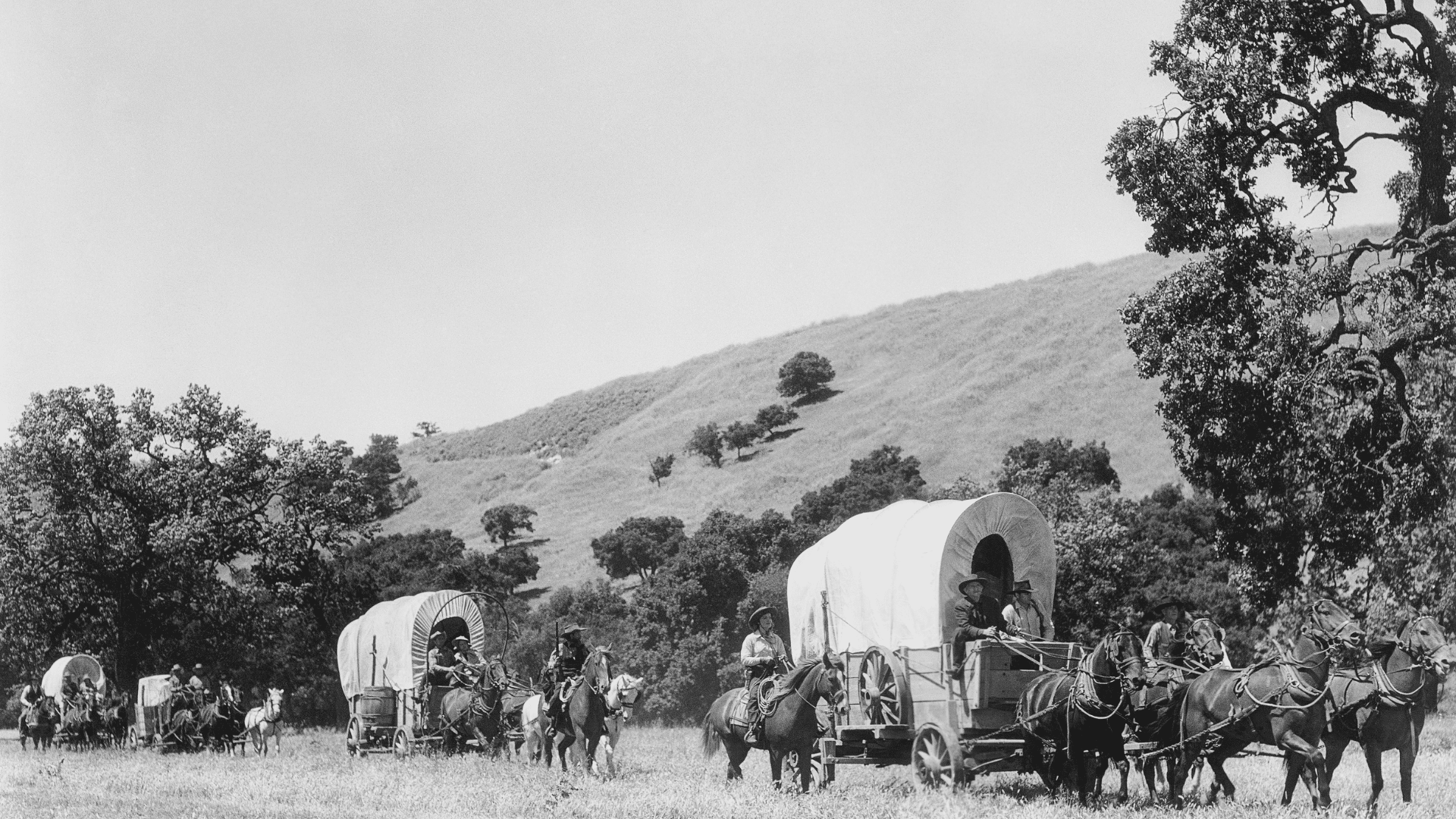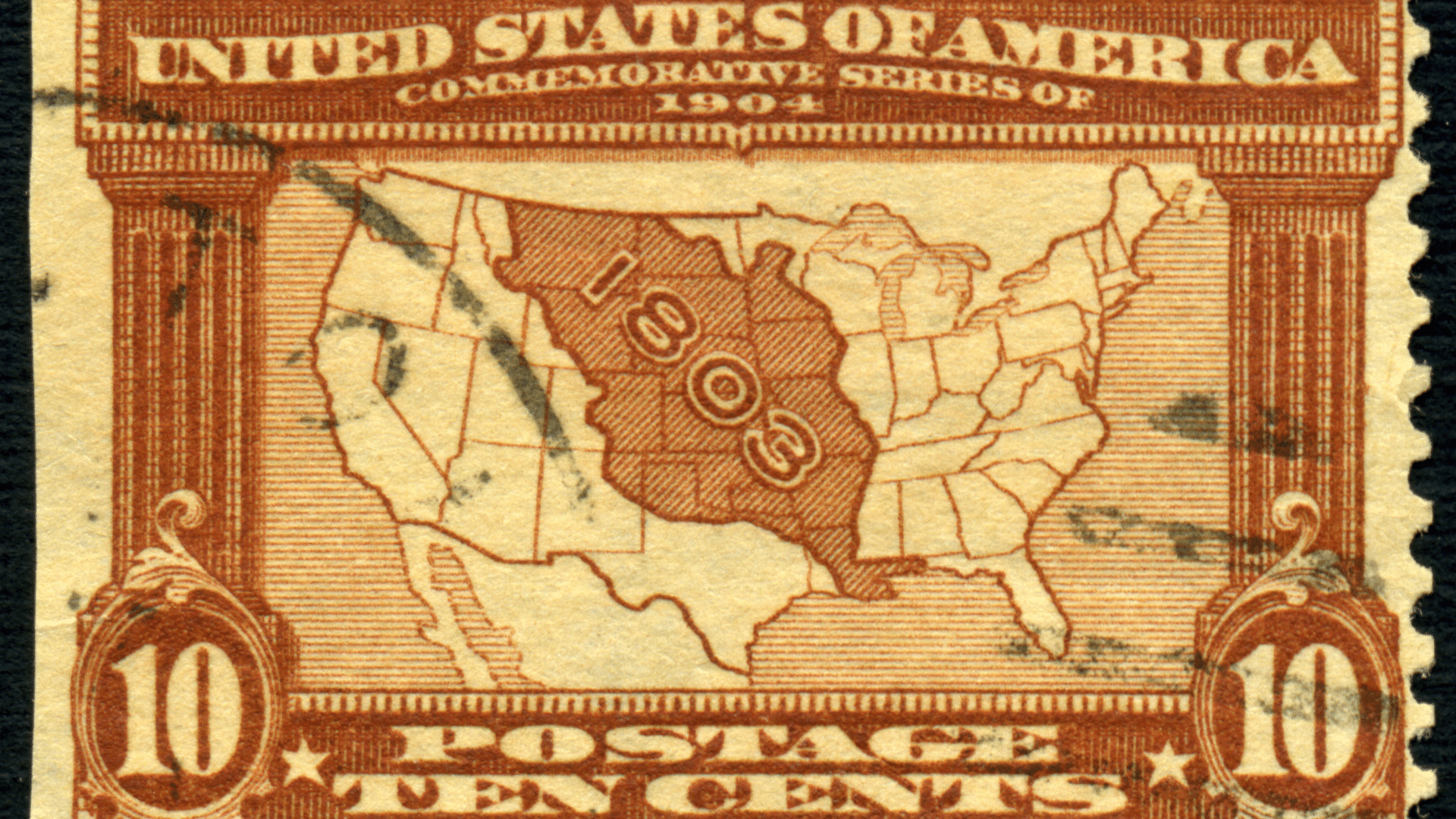According to the National Association of Realtors, today, there are over 2 million licensed real estate agents in the United States. But where did the story begin? Who was the first real estate agent?
Unfortunately, there are no records revealing who the first ever real estate agent was. The practice of real estate goes as far back as ancient Egypt. But in the country, it was not until the 1700s that real estate transactions began to take shape.
During this time, real estate practice was not regulated, and no real estate licensing requirements existed. This lack of documentation makes it difficult to determine which man or woman was the first to facilitate a home sale as a real estate agent.
Today, we will review the history of real estate in the United States, take a look at the first woman to join the NAR, and wander through the makings of the first real estate brokerage. Let’s journey down memory lane.
The History of Real Estate in the United States

Real estate agents in America have an extensive and storied past, interwoven with the nation’s growth and economic development for more than two centuries. Early land sales and home construction can be traced back to the first European settlers.
But it took significant historical events and economic shifts for the real estate industry as we now know it to truly take shape.
Post-WWII Boom
The roots of today’s real estate brokerages and agencies emerged from the post-World War II housing boom. As returning soldiers sought to start households and realize the American dream, demand for housing exploded.
Mortgage loan financing options also multiplied, particularly the VA loans, giving more families than ever the ability to purchase their first homes. With multitudes eager to buy, the real estate sector became a conduit through which veterans could transition back into civilian lives.
Before this era, real estate transactions had been largely unregulated affairs. Oversight increased substantially in 1917 when California pioneered statewide real estate licensing.
This answered early calls for reform from the National Association of Realtors (NAR), then called the National Association of Real Estate Exchanges, after its 1908 founding.
The NAR envisioned itself as an entity to “unite real estate professionals across the country to influence industry matters effectively.”
Other important real estate innovations in early 20th century America included open house showings first offered in the 1910s. These open house events paved the way for modern staging tactics utilized today to help prospective buyers envision life inside the property. Model demonstration homes also entered the scene in the 1950s, built by developers to market brand-new suburban communities.
The Oldest Real Estate Brokerage
Although real estate only developed into a formalized industry in the 20th century, the oldest American real estate agency dates even further back. Founded in 1855 in Chicago, Baird & Warner handled early mortgage lending prior to expanding into property sales and management.
The first transaction recorded by Baird & Warner, as it came to be known, was a $5,000 mortgage loan. That was quite an impressive sum for that time.
The company proved its resilience early on when it survived the Great Chicago Fire of 1871. Its safe, full of documents, played a critical role in helping rebuild the city after this disaster.
Thirty-two years later in 1903, Wyllys Baird, one of the company’s first founders’ son, took up the ranks as the president of an organization known today as the Chicago Association of Realtors. This was another significant milestone for the company.
As we moved into the late 1800s and early 1900s, Baird & Warner expanded their services into apartment management. They launched innovative marketing strategies with their “Portfolio of Fine Apartment Homes” publication in 1928.
During the Great Depression in the 1930s, one of America’s toughest economic periods, Baird & Warner stepped up once again by arranging compromises between landlords and mortgage holders struggling to make ends meet.
By 1934, there had been a shift within Baird & Warner. The company shifted from building management towards real estate sales, marking another evolution point for this enduring enterprise. This change did not slow down their growth or impact.
Before fair housing laws were implemented nationwide, John Baird, another Baird at the helm of the company, advocated for them publicly in a groundbreaking speech he gave in 1962.
The firm continued evolving with market needs over decades, adding more comprehensive services like an in-house mortgage service called Key Mortgage, introduced way back in 1988. This move further solidified their position as a one-stop shop for real estate needs.
The Case of the First Evers

While Baird & Warner may be America’s oldest existing realty brand, other notable firsts punctuate real estate history:
- In 1803: The Louisiana Purchase became the country’s first major real estate transaction. The transaction saw the US purchase 828,000 square miles of Louisiana for 1.5 million from France.
- In 1883: The Chicago Association of Realtors was formed as the country’s first organized real estate association.
- In 1910: Seattle’s Corrine Simpson became the first female member admitted to the National Association of Realtors.
- In the 1910s: Open house showings emerged.
- In 1917: California became the first state to pioneer real estate licensing regulations.
- In the 1970s: saw multiple listing services radically increased the visibility of properties for sale.
- In 1995: the first internet listings offered glimpses at how digitalization would transform real estate.
At every stage, pioneering leaders and enriching new technologies have propelled the real estate sphere into the 21st century.
The Evolution of Real Estate Agents in the U.S.

The early generation of real estate agents struggled with productivity. Their fight was to find ways to do more with less. But modern agents don’t struggle to do more. The battle for the 21st-century real agent is personalization.
Today, real estate agents operate in a more complex and fast-paced climate. Several digital tools exist to facilitate transactions and market available properties.
Heightened licensing protocols also professionalize the role of agents. However, increased competition abounds, challenging individual agents to find ways to stand out from the crowd.
In past decades, connecting home buyers with sellers proved far simpler. Early real estate agents worked within smaller regional networks before coast-to-coast mobility and communications. Hyper-local reputations drove business through word-of-mouth. State licensing bodies also had yet to fully coalesce a code of ethics or expectations for the profession.
However, the broad adoption of the automobile in the early 20th century enabled greater freedom to show properties. Advancements in telephone infrastructure also allowed for quicker correspondence between realtors and clients. After WWII, mass suburbanization opened up new markets for first-time buyers seeking representation.
Today’s real estate agents must find ways to integrate new technologies while preserving personal attentiveness. Although an increasingly crowded field, individual realtors can continue succeeding by blending next-gen digital fluency with the human touch.
Marking Your History
From its humble beginnings in the 1700s, the real estate industry has evolved into a massive economic sector. It is driven by pioneering individuals and innovative technologies that have transformed how we buy and sell properties.
Next Steps:
If you’re interested in diving deeper into this fascinating history or considering a career as a modern-day agent, here are some steps you can take:
1. Research: Look up more about early American land transactions and vital historical events shaping today’s industry norms.
2. Explore Licensing Requirements: Each state sets its standards for becoming an agent or broker; familiarize yourself with those applicable to your area.
3. Understand Current Market Dynamics: Stay informed on recent trends impacting home sales and rentals alike, such as digital listings and virtual tours.
Thoughts? We’d love to hear them! Share your insights below, or try some of these action steps and let us know how it went!











